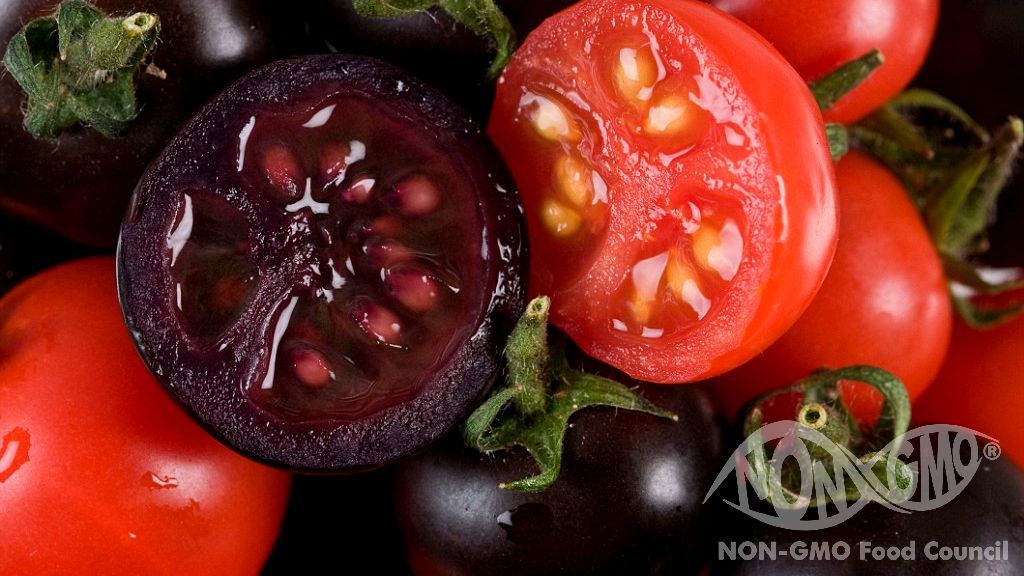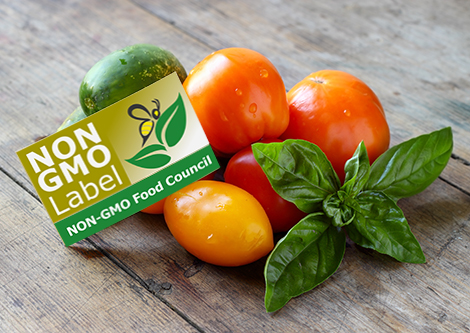Genetically modified organisms such as plants and livestock are already in our supermarkets. GM plants are much more common than many people realize. Here is a list of the 10 most common GMO foods so you can be more conscious when grocery shopping.

- Soy: Up to 90% of soybeans on the market have been genetically modified to be naturally resistant to an herbicide called Round Up. This increased resistance to herbicide allows farmers to use more Round Up to kill weeds. But this results in not only a genetically modified food product, but also a food product loaded with more chemicals.
- Egypt: Half of the US farms that grow maize grow GMO maize. Most of this corn will be used for human consumption. Genetically modified corn has been linked to health problems, including weight gain and organ deterioration.
- Canola Oil: Canola oil is derived from rapeseed oil. It is considered one of the most chemically modified oils sold in the US.
- Cotton: Even cotton has been genetically modified to increase yield and disease resistance. Most concern concerns cottonseed oil. Cotton, especially from India and China, is considered a higher risk to personal health.
- Milk: One-fifth of dairy cows in the United States have been given growth hormones to help them grow faster and increase their yield. These hormones can be found in some milk produced by these cows. These growth hormones have been shown to act inside the human body.
- Candy: Genetically modified sugar beet was introduced to the US market in 2009. These sugar beets have been modified to resist Roundup like corn.
- Aspartame: Aspartame is an artificial sweetener used by many as a sugar substitute. There are some questions about aspartame's safety in the body, including its possible link to certain cancers. Aspartame is produced from genetically modified bacteria.
- Courgette: Genetically modified zucchini contains a toxic protein that helps it be more resistant to insects. This introduced insecticide has recently been found in human blood, including pregnant women and fetuses. This indicates that some insecticides enter our bodies instead of being broken down and excreted.
- Yellow squash: Yellow squash has also been modified with toxic proteins to make it insect resistant. This plant is very similar to zucchini and both have been modified to resist viruses.
- Papaya: Genetically modified papaya trees have been grown in Hawaii since 1999. These Papayas are sold for human consumption in the United States and Canada. These papayas have been modified to be naturally resistant to the Papaya Ringspot virus and also delay fruit ripening. Delaying ripening gives suppliers more time to ship the fruit to supermarkets.
These are just 10 of the most common GMO foods found in the supermarket. There are many others currently being grown for sale and for the market. GMO safety is not yet certain, so if you want to stay away from it, always pay attention to a label that states that the food is organic or non-GMO.
Do not hesitate to contact our expert team to get detailed information about the GMO Free and NON GMO label and certification, or to apply for certification.

